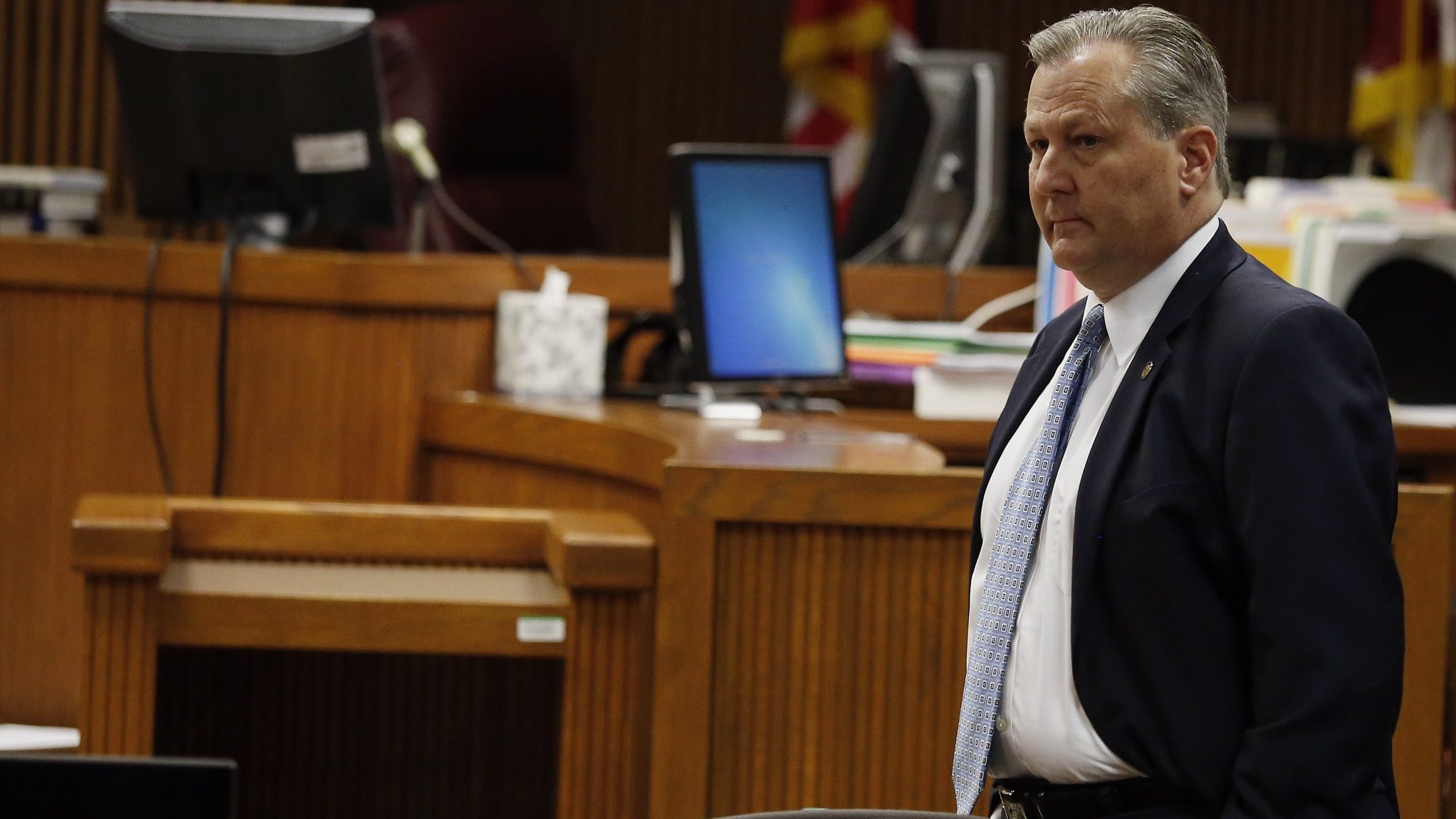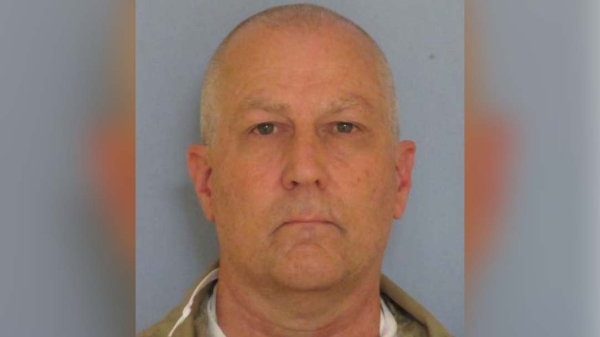In what may be one of the most brazen acts of upending state ethics laws, Republican Rep. Rich Wingo admitted on Tuesday that his legislation, HB387, is designed to save others from being prosecuted like former Speaker of the House Mike Hubbard.
Wingo, during a floor debate, unwittingly gave the real reasons behind HB387, which was passed in the House this week. “If we had had this bill four or five years ago maybe we could have been spared the embarrassment that this body experienced with the former Speaker,” Wingo said.
Here, Wingo is referring to the conviction of then-Republican Speaker of the House Mike Hubbard, who was found guilty of using his office for personal gain by accepting contracts with entities that had business before the state.
As Wingo makes clear, if HB387 had been the law of the land when Hubbard was in office, a simple filing would have allowed him to use his office for personal gain without worry.
During the debate, Rep. Laura Hall, D-Huntsville, asked, “Do we have anybody doing work outside of their regular scope of work?”
Wingo answered, “Yes, I think so.”
House OKs bill to clarify consulting contracts by state legislators
So, according to Wingo’s answer to Hall, not only does his bill hope to see other legislators avoid Hubbard’s fate but also to provide cover for those who may be currently breaking the law.
Wingo’s confession that HB387 is intended to inoculate current and future lawmakers from prosecution is frightening enough, but it also may give the Alabama Court of Criminal Appeals just the reason they need to overturn some of Hubbard’s felony convictions.
This so-called clarification bill is a sickening example of just how far some legislators will crawl to please the state’s business elites. It is also further testimony to how even good lawmakers will shrink from doing their duty.
The bill passed the House with 67 yeas, zero nays and 26 abstentions. Generally abstaining from a vote means the law is loathsome, but the lawmaker is too cowardly to oppose it outright.
Sold as a “notification” requirement, HB387, sponsored by Republicans Wingo and Sen. Trip Pittman, would require that legislators notify the ethics commission if they enter into an employment arrangement that is outside the member’s scope of work.
In other words, if a legislator who is a lifelong music teacher suddenly signs a contract to do PR work for a company doing business with the state, all he needs to do is fill out a form and file it with the Ethics Commission.
Keep in mind that under this Republican-supported bill, the Ethics Commission is neither authorized or required to do anything at all with the notification.
Under this vague statute, a simple notification replaces the need for a legislator to seek a formal advisory opinion from the Ethics Commission, as is currently the final check on such contracts. While the commission as presently configured is little more than a rubber stamp for cronyism, it is better than what is offered by HB387.
Alarmingly, the bill doesn’t make a distinction between legislators being hired by a principal, which under current law draws a Class III felony charge.
As passed in the House, the bill allows a lawmaker to enter into a contract and receive money, i.e., a paycheck from a principal.
HB387 promises to make the notifications public, but in reality, these contracts would be virtually hidden from news media and citizens. To monitor these notifications would require a daily search of the Ethics Commission database – something few organizations can afford.
This week, two pieces of legislation have passed the House, and any honest observer knows these are bills meant to weaken current law and potentially aid Hubbard, and his fellow travelers.
Businessmen who were forced to testify at Hubbard’s trial—or face prosecution themselves—want to do away with the laws that convicted Hubbard. Some of these same men lurk in the shadows pushing these bills through high-powered lobbyists and law firms.
These wealthy businessmen paid good money for Hubbard, and they don’t plan on losing on their next investment.
Even now, these elites have found a new “Hubbard,” who is gaining power and trust while doing these business giants’ bidding under the cover of darkness.
Wingo’s bill is designed to aid them in their venture.






















































